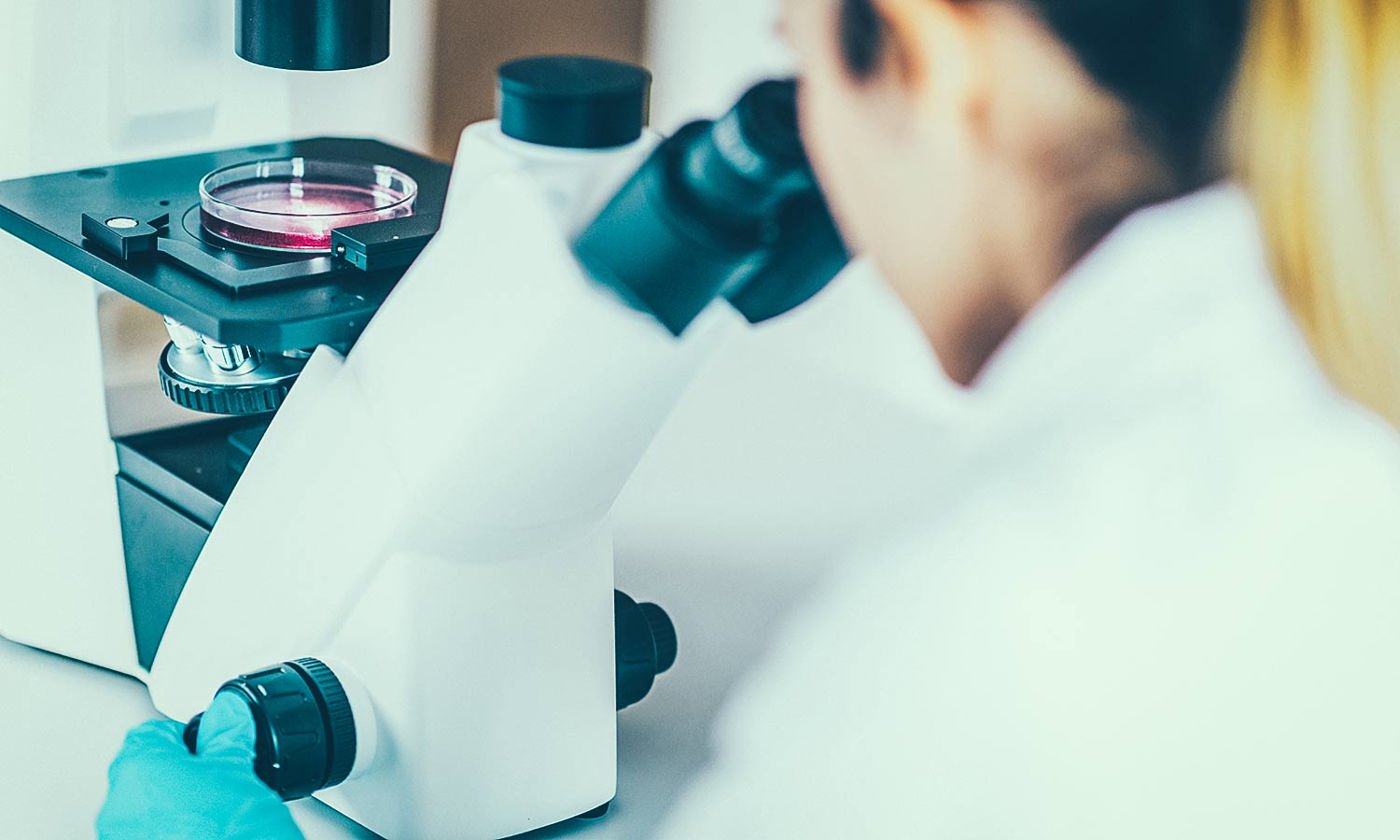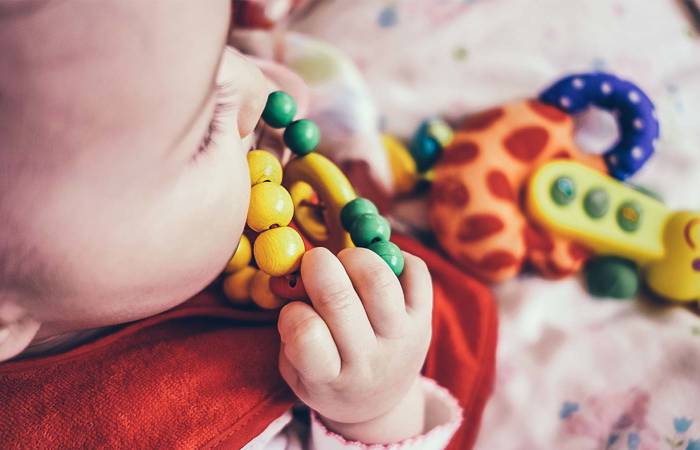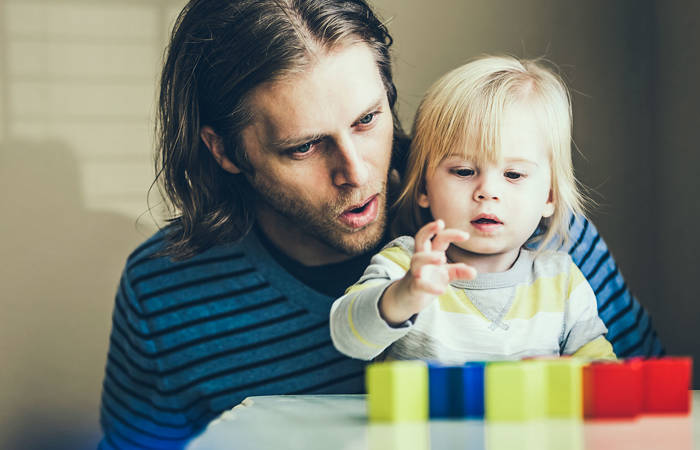Like what you see?
Sign up to receive more free parenting advice.
Thank you for subscribing to our newsletter!
Child Development

Credit: iStock.com/microgen
Scientists at Harvard University believe they’ve settled the question about whether nature or nurture has the greatest impact on child development – and they say the answer is ‘nearly always both’.
The Centre on the Developing Child report, Epigenetics and Child Development: How Children’s Experiences Affect Their Genes, explains the connection between children's experiences and how their genes are expressed as they develop.
Put simply, we now know that while children inherit genes from their biological parents these genes are just the beginning of who we become as we develop.
This is because in early life, when brain changes are at their most rapid, genes are susceptible to outside influence, which the researchers find impacts on “when, how and even whether these genes release their instructions”.
What is epigenetics?
Epigenetics is an emerging area of scientific research. While we already knew that the experiences young children have in their first thousand days can play a positive role in their development, we now know these early experiences can actually change the way our children's genes are expressed.
So how does that work? We all have DNA that makes up our genes. During development DNA accumulates chemical marks that determine how much or little of a gene is “expressed”. The collection of these marks is known as the epigenome and they are a key to understanding epigenetics. The epigenome also explains why identical twins often show different behaviours, skills, health or achievement: the epigenome is different in each.
Harvard researchers explain: “When experiences during development rearrange the epigenetic marks that govern gene expression, they can change whether and how the genes release the information they carry.”
What this means is that while your child may carry a gene for a certain trait, their early experiences (positive or negative) from as early as their time in the womb can determine how these genes are turned on and off – or even expressed at all.
When experiences during development rearrange the epigenetic marks that govern gene expression, they can change whether and how the genes release the information they carry.Harvard researchers
Stay up to date with the latest news and articles from First Five Years
Thank you for subscribing to our newsletter!
Fact or fiction? What we now know about epigenetics and children’s development.
This relatively new area of research has already busted a number of the myths about child development and given us some new facts to ponder.
Fact 1: Our environment can alter inherited genes.
The genes we inherit from our biological parents don't create an unalterable footprint. While variations in our DNA definitely impact how our genes are expressed and how the proteins within them function, that's only part of the story. According to the report:
"The environment in which one develops, before and soon after birth, provides powerful experiences that chemically modify certain genes which, in turn define how much and when they are expressed.”
Fact 2: Adverse experiences can change the brain permanently.
Researchers have now confirmed that: “Injurious experiences, such as malnutrition, exposure to chemical toxins or drugs and toxic stress before birth or in early childhood are not ‘forgotten’” by the developing child.
Instead, these experiences are programmed into the architecture of the developing brain through its epigenome, increasing the risk for “poor physical and mental health outcomes…[or] impairments in future learning capacity and behaviour".
Fact 3: Playing Mozart isn’t the key to change – but something else parents can do is.
Harvard scientists reiterated in their report that there is “absolutely no scientific evidence” that exposure to Mozart recordings will create the epigenetic changes required to enhance our brain function.
What they did find is that as a child's learning and memory develops, if we repeatedly “activate” the brain circuits dedicated to learning and memory we can make positive epigenetic modifications. The process is called “serve and return” and it’s based on the interaction between a parent or carer and the child.
When our child cries, gestures or babbles and we respond appropriately, perhaps with a hug, some kind words or even eye contact we start to build and strengthen neural connections that positively modify a child's genes – potentially for life.
Fact 4: Both positive and negative experiences can impact our epigenome.
The good news is that positive experiences, like the supportive relationships built between a child and their parents or carers, or the opportunities for learning, can impact the epigenome. Unfortunately, so can negative experiences, like environmental toxins or stressful circumstances.
Researchers say that while we can reverse certain negative changes at a genetic level this takes a lot more for the brain than switching on the respective change in the first place.
A further complication? While both positive and negative situations leave a unique epigenetic “signature”, either of these changes may be permanent or temporary.
The answer to all this for parents is clear. If we can create responsive relationships with our children, and help reduce their exposure to stressful environments from early on, we give them the best chance of building a strong brain from the very start.
Epigenetics at a glance
- Genes are not a fixed part of a child's make up, they are just the beginning of everybody’s story. Genes accumulate chemical marks known collectively as the epigenome, which can be rearranged and expressed in different ways as a child develops.
- Nature or nurture? Both! The debate is now old science.
- Both positive and negative experiences will shape the epigenome. This process begins in the womb and continues through early childhood.
- Parents can play a positive role on their child’s genes by creating positive, nurturing relationships and learning opportunities for their child, particularly in the child’s early years.






